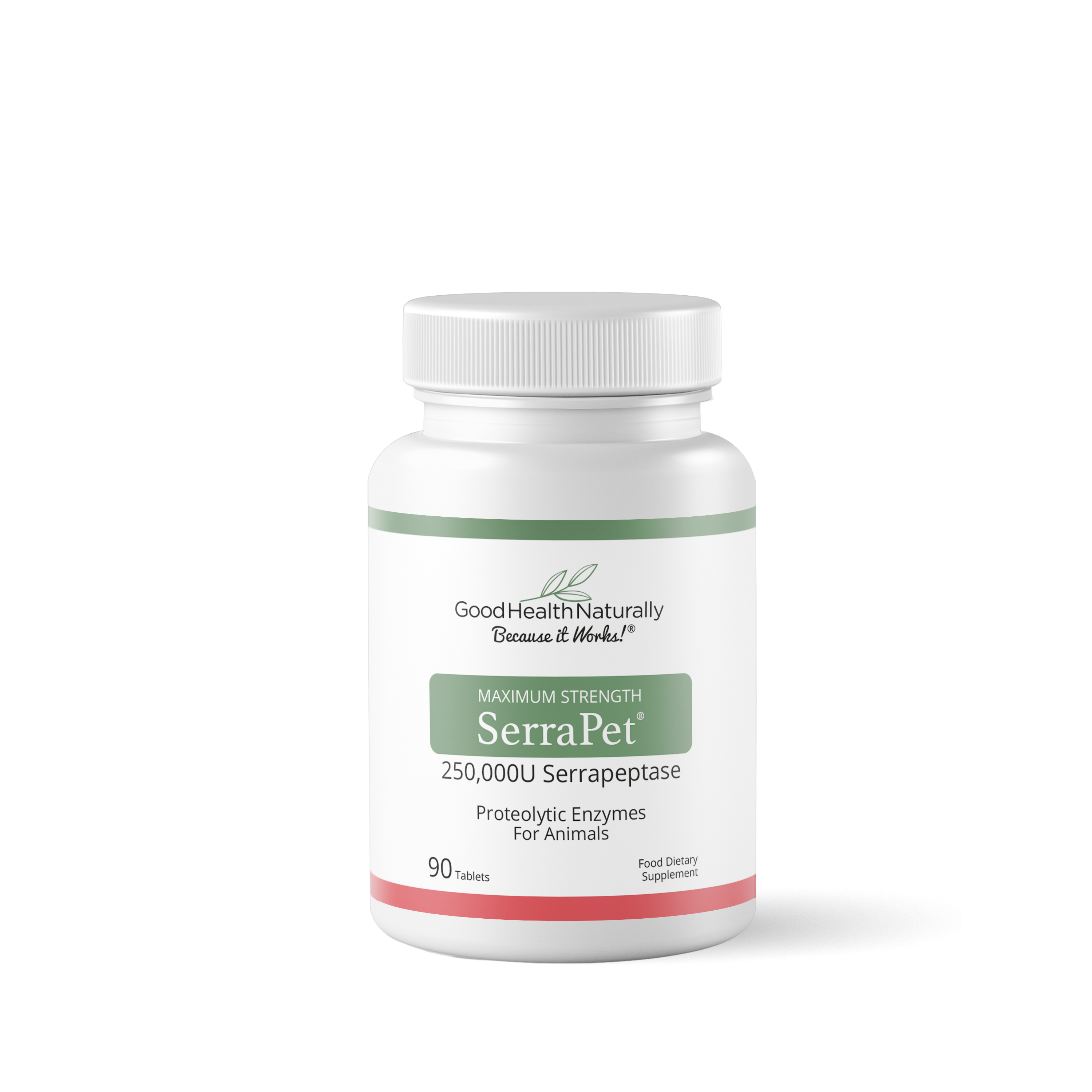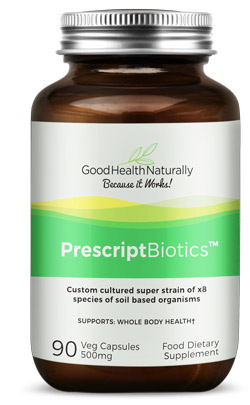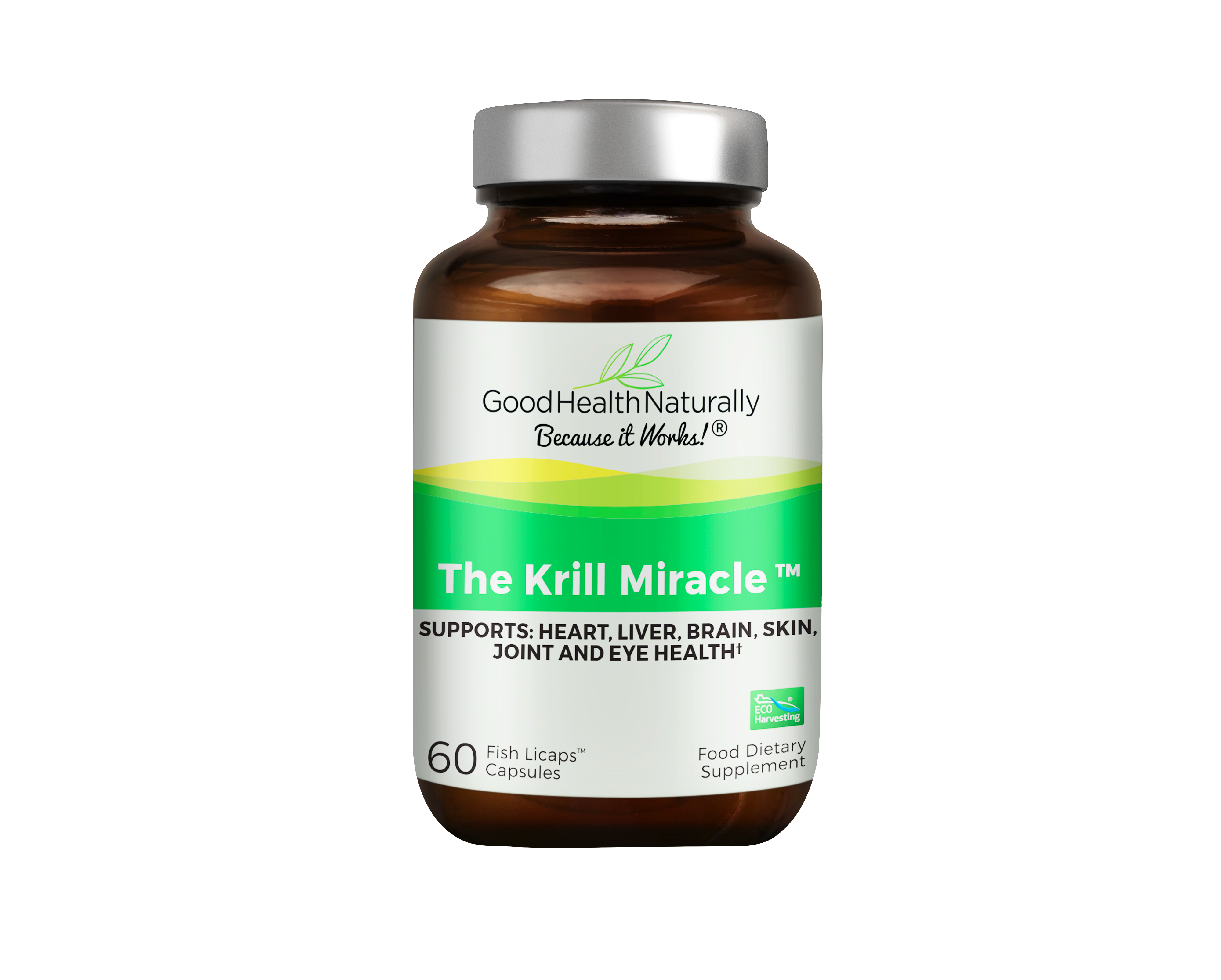Our four-legged friends are important members of the family, and we all want to ensure we’re doing our best to keep them happy and well. As most pet owners will testify in recent years, vet bills have become “eye-wateringly” expensive. But there’s so much we can do with natural pet health to avoid those costly trips to the veterinary surgery. Here are our top 6 tips to care for your pet’s health naturally:
1 Ensure Your Pet Gets Plenty of Exercise and Stimulation
Daily walks will not only help keep our dogs fit and trim, they’re also a great time for socialising and stimulation. Research shows that exercising a dog can also benefit the owners, as they tend to walk longer and more often than non-owners. Come rain or shine, dogs need walking. Nine out of ten people with dogs meet the recommended target of at least 150 minutes of moderate to vigorous activity a week, compared to about six in ten without. Dogs love obedience work, too, like practising recall, retrieving, and reinforcing basic commands. It’s a great way to exercise and stimulate your pets. Therefore, as you can see, exercise is essential to natural pet health.
2 Regular Grooming
Spending time brushing your pet is essential to natural pet health and has many benefits. It helps distribute natural oils in the coat and remove dead hair and skin cells while stimulating new growth. It is a chance to look for anything lurking in the fur, like fleas or ticks. And to find lumps or bumps which may need attention. It is essential to check teeth, eyes, ears, and paws for any potential issues, too. Grooming also helps to strengthen the bond between you and your dog. Research has even found it can have a calming and de-stressing effect on owners, so grooming your dog is also good for your health!
3 Keep Your Pet at a Healthy Weight
Carrying extra fat is not good for your pet as it stresses their joints and heart. It’s important to remember a skinny pet is not ideal either, as it will have no reserves if it becomes ill. Pet nutritional needs change with age and circumstance, so make sure they eat a balanced diet with appropriate protein and nutrients. Ensure they stay well hydrated, too. A healthy dog should drink 60-80 ml of water per kg of body weight, and a cat about 40-60 ml per kg per day.
4 Support Their Digestion
Pets can suffer from many of the same digestive issues as people, including belching or gas, vomiting undigested food, bad breath, bloating, diarrhoea, or foul-smelling stools. If your pet suffers from any of these conditions, it could be because they lack digestive enzymes like protease, peptidase, amylase, lactase, cellulase, and lipase. Modern pet diets are often quite different from the food the animals would naturally eat and lack the enzymes needed to break down food.
If your pet is not digesting its food properly, it won’t get all the nutrients it needs. So, if your pet seems to be struggling, consider adding in a digestive enzyme supplement or switching to a more natural raw food diet.
Like us, our pets have millions of microbes in their GI tract, which are crucial in keeping them healthy. So many things can have a negative impact on these “good bacteria”, such as antibiotics, poor diet, environmental chemicals and even emotional stress. If a pet’s oral and gut microbiome becomes unbalanced, it will disrupt digestion and cause health issues like diarrhoea, diabetes, gum disease, skin problems, and even weakened immunity. To help maintain a healthy gut, most dogs can benefit from probiotics.
5 Ensure There are Plenty of Good Fats in Their Diet
Pets’ diets are often lacking in essential omega-3 fatty acids. Signs this may be the case include a dry, flaky coat, skin irritation, and joint inflammation. If your pet is suffering from any of these symptoms, increasing omega-3 in their diet, such as oily fish or adding a supplement like krill oil, could be the answer. This tiny crustacean with a shrimp-like appearance lives in the pure, cold waters off Antarctica. It contains beneficial omega-3 fatty acids EPA and DHA, which research shows may be more easily absorbed in the gut compared to fish oils. Krill Oil also contains the powerful antioxidant astaxanthin and choline, which are beneficial for liver, kidney, and brain health.
6 Tackle Inflammation
It is now well known that inflammation significantly contributes to many chronic health conditions in humans, and the same goes for our pets. Arthritis and other inflammatory conditions can be just as big a problem for our four-legged friends as they are for us, and NSAIDS are commonly prescribed. While they can help with the symptoms of pain and inflammation, they simply don’t address the root causes and can have side effects.
A natural pet health alternative to consider is serrapeptase. It’s a proteolytic enzyme which reduces inflammation by safely breaking down scar tissue and dead proteins, including blood clots, mucous, cysts, arterial plaque, and fibrosis, without affecting healthy tissue. This allows your pet’s natural defence system to begin healing processes. Serrapeptase enzyme was initially derived from the silkworm intestine and is used to break their cocoons at birth. However, it is currently manufactured on a plant base. It is suitable for small and large pets and animals – from dogs, cats, birds, horses, and even donkeys.
Always consult a vet before making any significant changes to your pet’s diet or introducing new dietary supplements.
References
https://www.ons.gov.uk/economy/inflationandpriceindices/timeseries/j4x6/mm23 https://www.dailymail.co.uk/news/article-9642305/Calls-inquiry-equity-vultures-snap-vets-amid-rising-bills-welfare-fears.html
https://www.vettimes.co.uk/news/corporates-fight-fire-as-fees-anger-hots-up/
https://bmcvetres.biomedcentral.com/articles/10.1186/s12917-015-0434-
https://www.nature.com/articles/s41598-019-41254-6
https://www.ncbi.nlm.nih.gov/pmc/articles/PMC6849757/
https://hastingsvet.com/hydration-much-enough/
https://www.msdvetmanual.com/digestive-system/diseases-of-the-stomach-and-intestines-in-small-animals/malabsorption-syndromes-in-small-animals
https://pubmed.ncbi.nlm.nih.gov/25469017/







